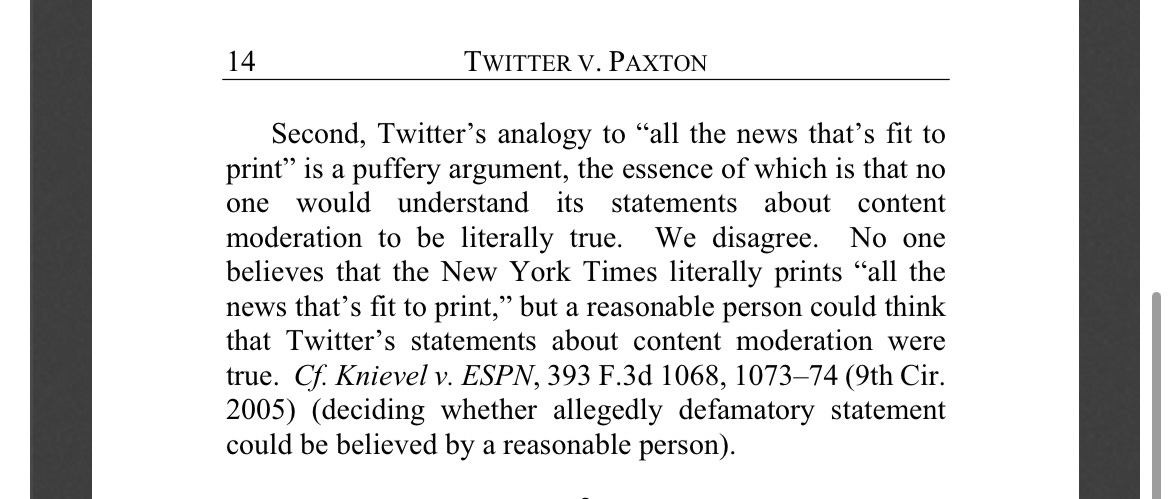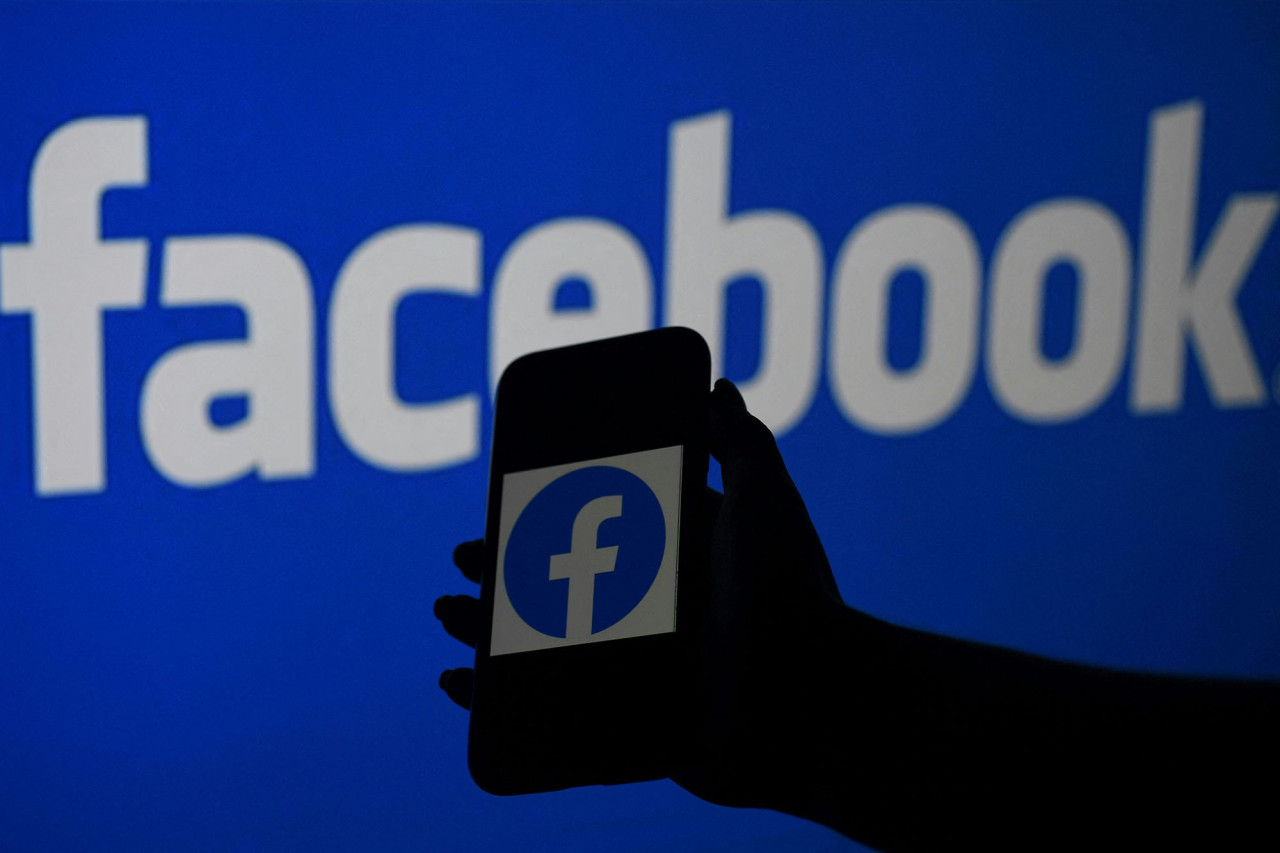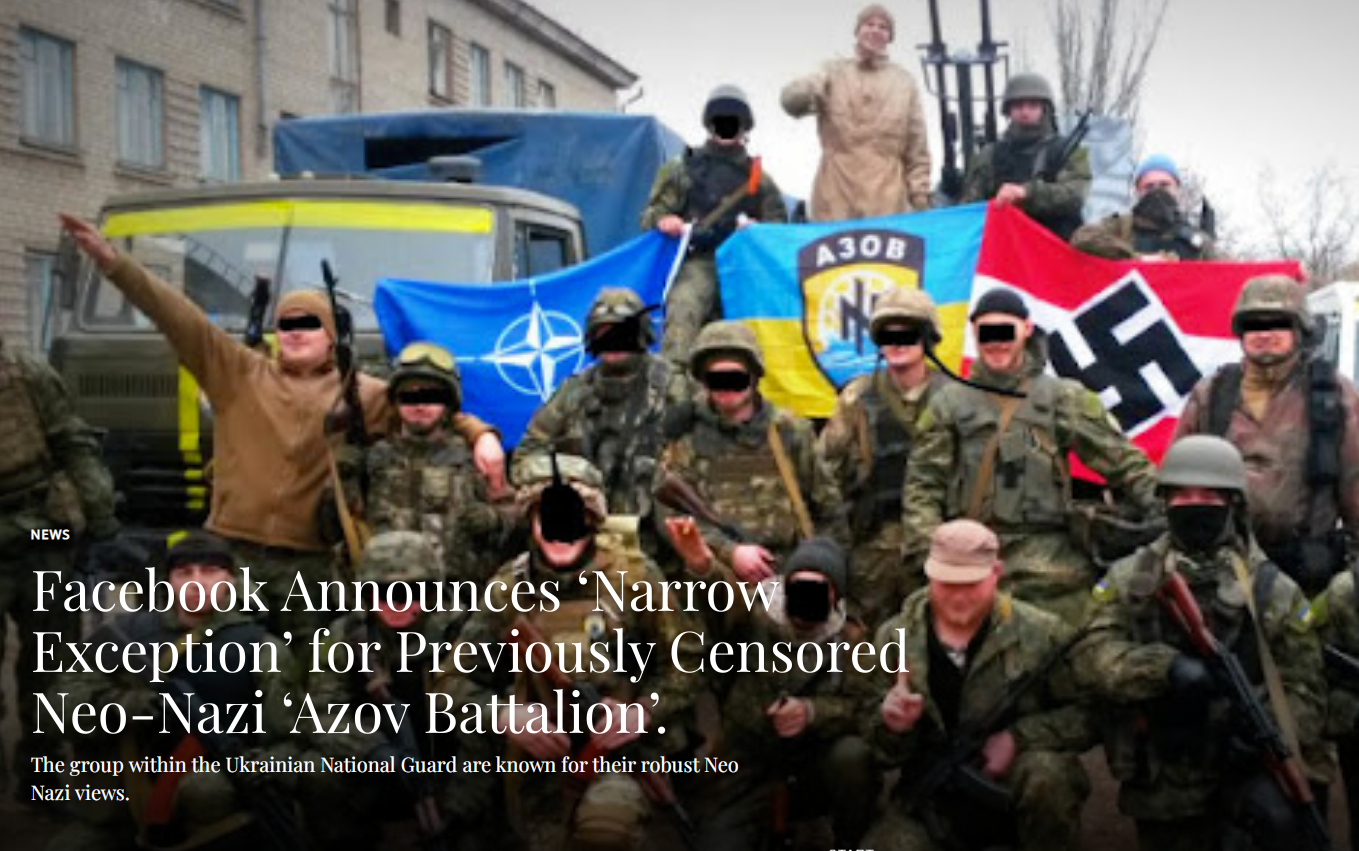Twitter suffers a devastating 9th Circuit defeat
03/08/2022 / By News Editors

In January 2021, after the lil bird kicked off Donald Trump, Texas attorney general Ken Paxton said he would investigate Twitter’s “content moderation” (aka censorship) policies.
(Article by Alex Berenson republished from AlexBerenson.Substack.com)
Twitter didn’t like this idea. So it went running to its home courts in California to try to get them to quash Paxton’s investigation before his office had tried to enforce a single subpoena.
Because First Amendment, which Twitter appeared to think protects it from any and all legal and governmental scrutiny.
Things have not gone as planned for the lil bird.
On Wednesday, following some back-and-forth, three 9th Circuit judges blew Twitter out of the water. They found that Twitter’s effort to block the investigation was not “ripe,” because Texas hadn’t actually gone to court to enforce its requests.
By itself, that portion of the ruling was more procedural than substantive. But the judges didn’t stop there.
They destroyed Twitter’s claim that the First Amendment prevents any scrutiny of whether the company is being honest with the public – and its users – about the way it reviews and censors content:
Even if content moderation is protected speech, making misrepresentations about content moderation policies is not. See Va. State Bd. Of Pharmacy v. Va. Citizens Consumer Council, Inc., 425 US 748, 772 (1976) (misleading commercial speech is not protected).
Even worse for the little bird, the judges specifically rejected Twitter’s claim that its own statements that it is committed to free speech are nonsense which no one should take seriously (yes, Twitter actually made this argument).
Twitter argues that OAG’s investigation is illegitimate because matters of “editorial judgment” can never be investigated. In doing so, it analogizes its statements about content moderation (that it moderates content without considering viewpoint) to the slogans like “all the news that’s fit to print” and “fair and balanced.” Twitter and amici also rely on cases highlighting the dangers in “government editorial oversight.” See Miami Herald Publ’g Co. v. Tornillo, 418 U.S. 241, 258 (1974); Bullfrog Films, Inc. v. Wick, 847 F.2d 502, 510 (9th Cir. 1988).
We reject these arguments. First, Bullfrog Films and Miami Herald addressed government regulations or statutes which themselves required balance. 847 F.2d at 505 (federal regulations); 418 U.S. at 244 (state statute). Here, by contrast, Twitter has made statements about balance, and so the danger from Bullfrog Films and Miami Herald is absent. Twitter’s statements can be investigated as misleading just like the statements of any other business.
Second, Twitter’s analogy to “all the news that’s fit to print” is a puffery argument, the essence of which is that no one would understand its statements about content moderation to be literally true. We disagree. No one believes that the New York Times literally prints “all the news that’s fit to print,” but a reasonable person could think that Twitter’s statements about content moderation were true.

Read more at: AlexBerenson.Substack.com
Submit a correction >>
Tagged Under:
banned, big government, Big Tech, Censorship, content moderation, First Amendment, free speech, freedom, Ken Paxton, Liberty, Social media, speech police, suppression, tech giants, technocrats, thought police, Twitter, Tyranny
This article may contain statements that reflect the opinion of the author
RECENT NEWS & ARTICLES
COPYRIGHT © 2017 TECHNOCRATS.NEWS
All content posted on this site is protected under Free Speech. Technocrats.news is not responsible for content written by contributing authors. The information on this site is provided for educational and entertainment purposes only. It is not intended as a substitute for professional advice of any kind. Technocrats.news assumes no responsibility for the use or misuse of this material. All trademarks, registered trademarks and service marks mentioned on this site are the property of their respective owners.


















